Swedish brand, Felix, has opened a grocery store in Stockholm, Sweden, where customers pay in carbon dioxide equivalents (CO2e) and the prices are adjusted for climate impact.

By using climate pricing, the company aims to make it easier for consumers to understand their impact and take measures to reduce it. To further that aim, The Climate Store helps customers set a weekly carbon budget which they can weigh their purchases against.
So what?
Demand for more control over personal climate impacts of food purchasing signals a positive shift towards individuals wanting to take climate action and innovation being able to deliver emission metrics, but will the idea appeal across larger swathes of society?
At the same time, could attaching an emissions equivalent to food items items in a store reduce the ecological complexity of impacts (including land use, biodiversity, labor justice, water cycles, among others) further entrench the mechanistic thinking underpinning many of these problem areas? And, if the whole world shifted to paying climate-impact adjusted prices for food and other goods, what unforeseen benefits and negative consequences might occur?
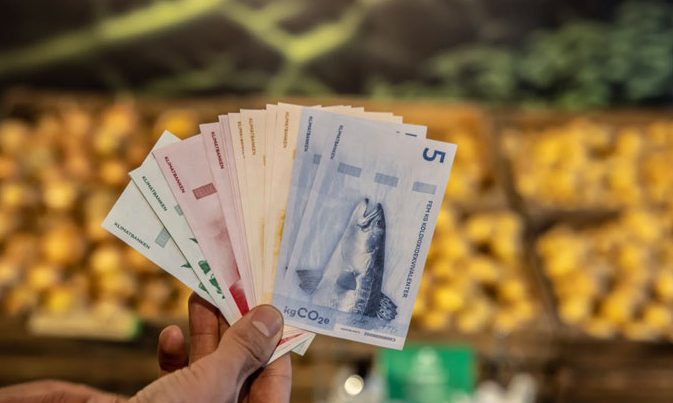




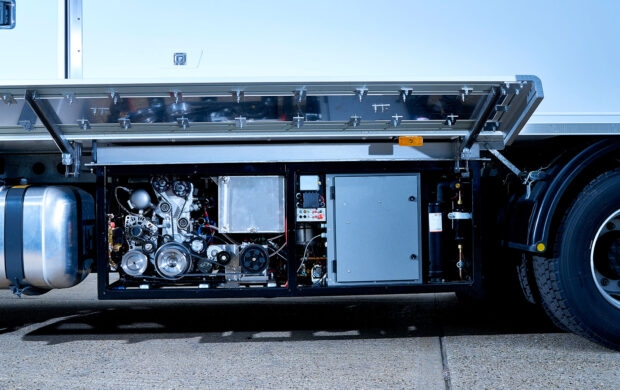
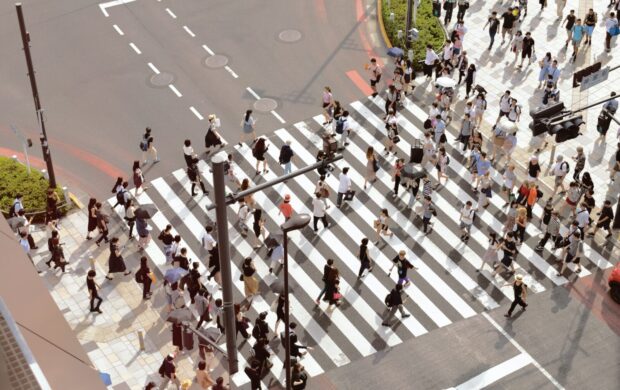

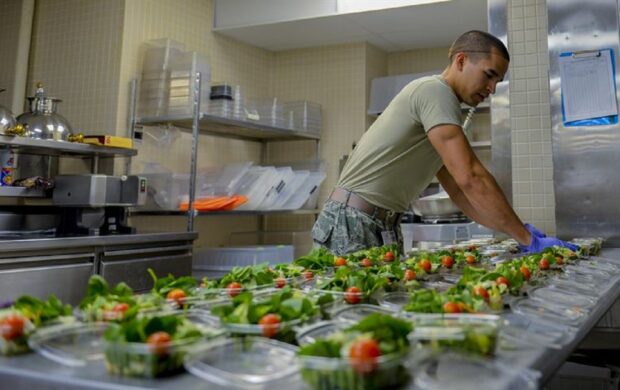



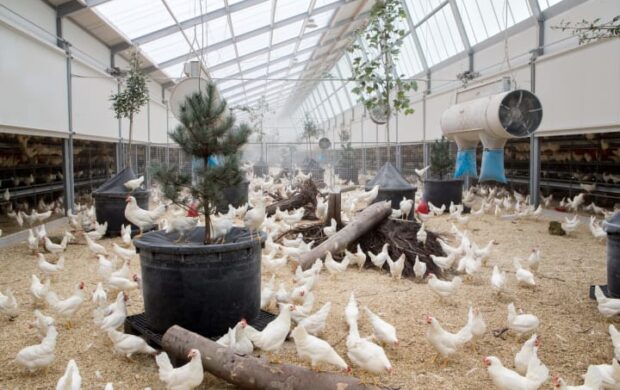
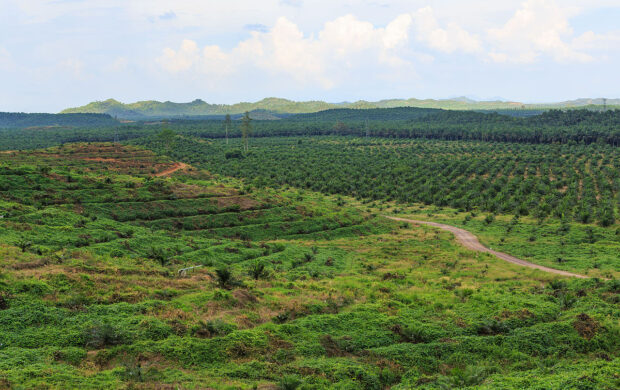
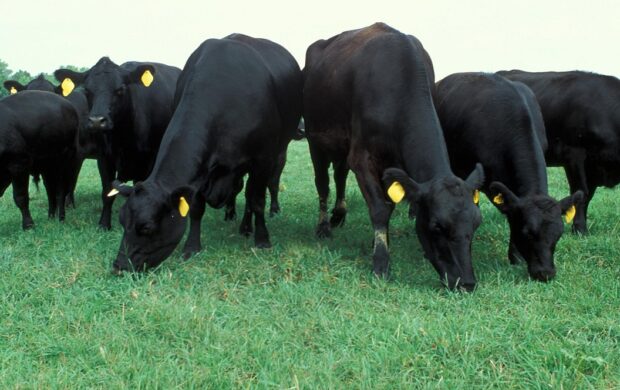

Join discussion